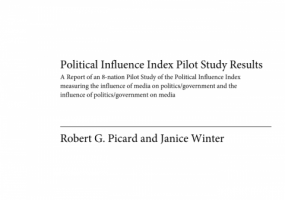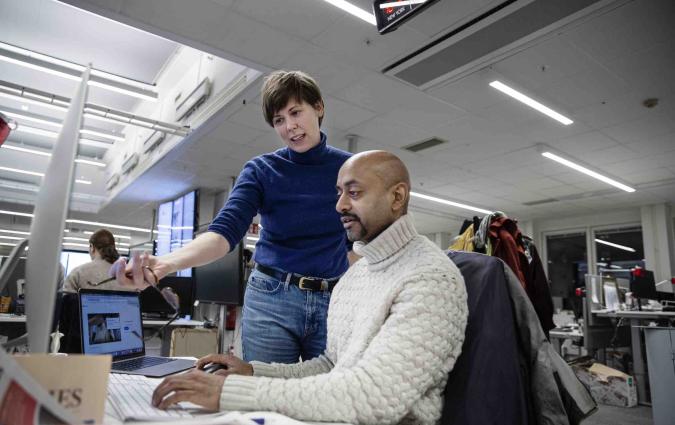Automated Serendipity: The effect of using search engines on news repertoire balance and diversity
In this paper, Richard Fletcher and Rasmus Kleis Nielsen analyse how people in four countries use search engines for news. They find that people who use search engines are significantly more likely to use more sources of news, and have more politically balanced news repertoires, despite fears about algorithmic selection creating echo chambers and filter bubbles.
Abstract: Search engines are an absolutely central part of the web. Yet we know relatively little about how they shape news consumption. In this study, we use survey data from four countries (UK, USA, Germany, Spain) to compare the news repertoires of those who say they use search engines to search for news stories, and those that do not. In all four countries, and controlling for other factors, we show that those who find news via search engines (i) on average use more sources of online news, (ii) are more likely to use both left-leaning and right-leaning online news sources, and (iii) have more balanced news repertoires in terms of using similar numbers of left-leaning and right-leaning sources. We thus find little support for the idea that search engine use leads to echo chambers and filter bubbles. To the contrary, using search engines for news is associated with more diverse and more balanced news consumption, as search drives what we call “automated serendipity” and leads people to sources they would not have used otherwise.







